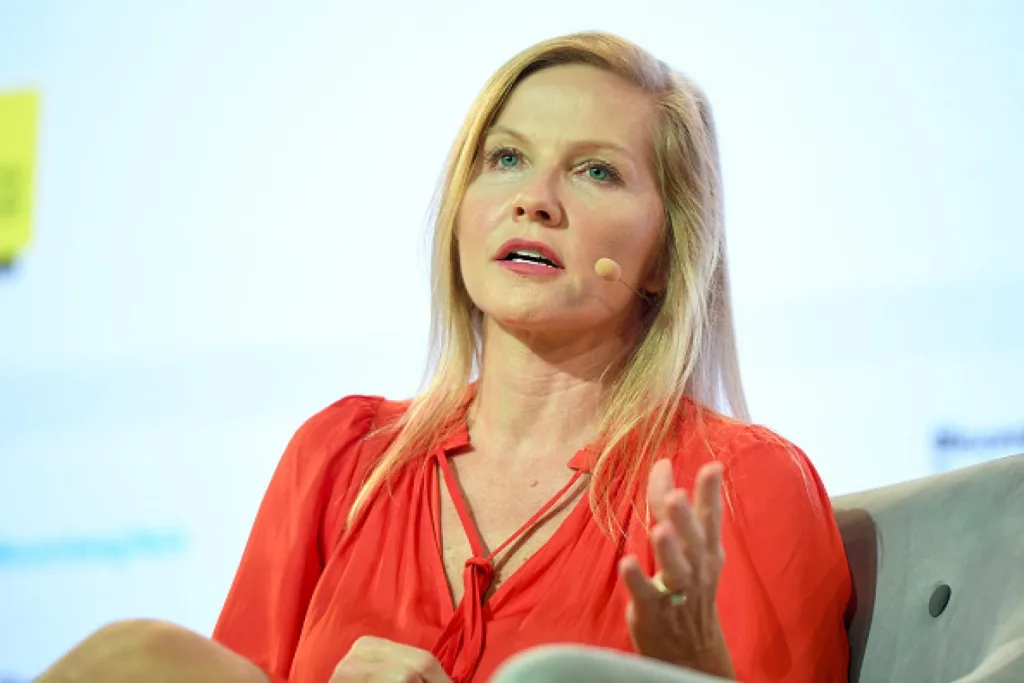Germany’s economy contracted by 0.1% in the second quarter of 2024, fueling fears of a potential recession. The decline in consumer confidence, reduced investments, and significant lag behind other major economies underscore the sharp downturn.
The Federal Statistical Office released final figures revealing that Germany’s gross domestic product (GDP) slipped into negative territory, following a modest 0.2% growth in the first quarter. This erased hopes for a sustained recovery and intensified worries about economic conditions deteriorating further in the upcoming months.
Ruth Brand, President of the Federal Statistical Office, remarked, “After the slight increase in the previous quarter, the German economy slowed down again in spring,” illustrating the precarious nature of Germany’s economic rebound. Year-on-year growth remains stagnant, as the economy last expanded in the first quarter of 2023.
Decline in Consumer Spending and Investments
The economic slowdown has been primarily attributed to decreased household consumption and investment. Household final consumption expenditure dipped by 0.2%, reversing earlier gains, while government consumption increased by 1.0% compared to the previous quarter.
Investment activity has also been notably weak, as businesses hesitate to initiate new projects amid rising economic uncertainty. Gross fixed capital formation—a vital indicator of physical asset investment—saw a substantial decline. Investment in machinery and equipment plummeted by an annualized 4.1%, with construction investments decreasing by 2.0% from the previous quarter.
Foreign trade, typically a solid pillar of the German economy, also showed no signs of growth. Exports of goods and services fell by 0.2% compared to the first quarter of 2024, reflecting weaker global demand and ongoing supply chain disruptions.
Construction activity faced serious obstacles, contracting by 3.2% as the downturn in building construction and completion work points to broader issues within this critical sector.
Despite these economic challenges, employment figures remained somewhat optimistic. The number of employed individuals rose by 0.4% compared to the second quarter of 2023, and average gross wages increased by 5.1% year-over-year, offering some relief to workers amid ongoing inflation and economic unpredictability.
Germany’s Economic Performance Compared to Peers
Germany’s economic performance has fallen behind other major economies in the second quarter of 2024. The European Union (EU) as a whole experienced a growth of 0.3%, with Spain leading at 0.8%. France and Italy also saw modest gains of 0.3% and 0.2%, respectively. In stark contrast, the United States achieved an impressive 2.8% growth, emphasizing Germany’s notable underperformance.
Plummeting Consumer Confidence
The grim economic outlook was further compounded by a report from GfK indicating a sharp decline in consumer confidence. The forward-looking Consumer Climate index drastically fell by 3.4 points to -22.0 in September, suggesting that concerns over income and economic expectations have significantly weakened consumer spending intentions.
Rolf Buerkl, a consumer expert at the Nuremberg Institute for Market Decisions, noted, “The euphoria of German consumers triggered by the European Football Championship was only a brief flare-up and faded quickly.” He cautioned that negative news surrounding job security contributes to a more pessimistic consumer sentiment, making a swift recovery unlikely.
This declining consumer sentiment mirrors broader anxieties regarding Germany’s economic trajectory. Recently, the Federal Employment Agency reported a slight uptick in unemployment, with registered job seekers about 200,000 higher compared to a year ago.
The convergence of a declining economy, anticipated job cuts in key industries, rising insolvencies, and an escalating recession risk has fostered an atmosphere of economic pessimism likely to persist in the forthcoming months. Kyle Chapman, FX analyst at Ballinger Group, commented, “The German economy is struggling to gain traction to escape stagnation. Confidence survey figures are declining sharply, indicating persistent challenges. We’ve witnessed fleeting optimism in Q1, but ultimately, weak foreign demand coupled with structural workforce issues will hinder recovery.” The label of the ‘sick man of Europe’ may linger for some time to come.
Photo credit & article inspired by: Euronews



